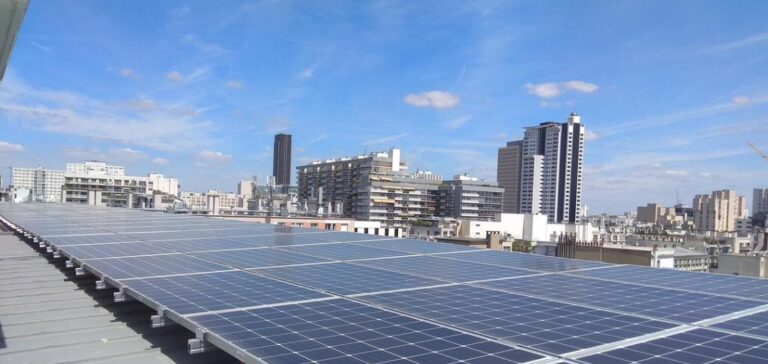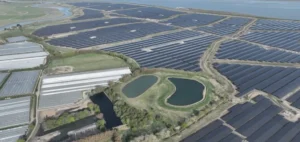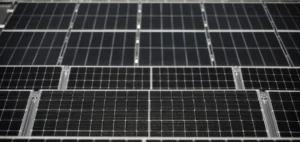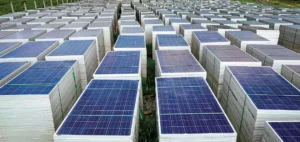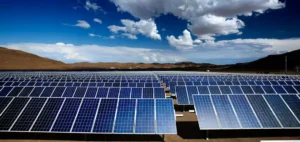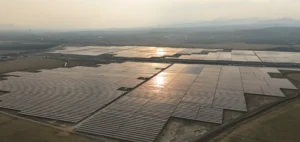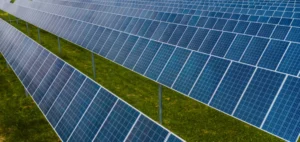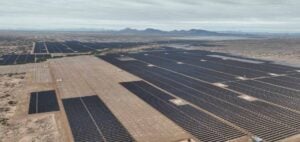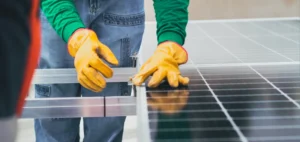The French government has announced a revision of subsidies granted to small and medium-sized solar projects. This shift aims to adjust the economic framework of the 100-500 kWc segment, which has seen strong growth in recent years, while keeping public spending under control. However, industry professionals believe this measure could halt many projects and threaten specialized businesses.
An economic moratorium under fire
According to the Syndicat des énergies renouvelables (SER) and Enerplan, the government’s decision effectively imposes a moratorium on photovoltaic projects under 500 kWc. The support framework is set to be modified retroactively from February 1, 2025, rendering these installations economically unviable. This measure particularly affects installations on commercial, industrial, and agricultural rooftops, as well as parking lot canopies.
Industry representatives urge the government to maintain the current tariff framework until a new support mechanism is implemented, though no timeline has been provided. “The momentum of the S21 segment is being abruptly cut short. This sudden halt is unacceptable,” said Daniel Bour, president of Enerplan.
Direct impact on employment and the construction sector
The Groupement des métiers du photovoltaïque of the Fédération française du bâtiment (FFB) warns of the immediate consequences of this reform. Many artisans and specialized companies could be forced to scale back their activities, leading to job losses and a reduction in tax revenues.
Olivier Salleron, president of the FFB, emphasized that the decision undermines a regulatory framework that was beginning to show positive results. According to him, this shift would compromise the structuring of an industrial solar energy sector in France and slow down necessary investments for its expansion.
A contested economic decision
The Ministry of Energy justifies this revision by the need to adapt subsidies to market developments. In the 0-9 kWc segment, public support will now focus on self-consumption to enhance household resilience against electricity price fluctuations. For 100-500 kWc installations, tariff adjustments aim to preserve the financial balance of projects while limiting the state’s fiscal burden.
However, industry players view this reform as too abrupt and poorly anticipated. They call for a transitional framework to prevent a market collapse in commercial and industrial rooftop installations. The lack of short-term visibility could hinder the development of new projects and force energy companies to reassess their growth strategies.

